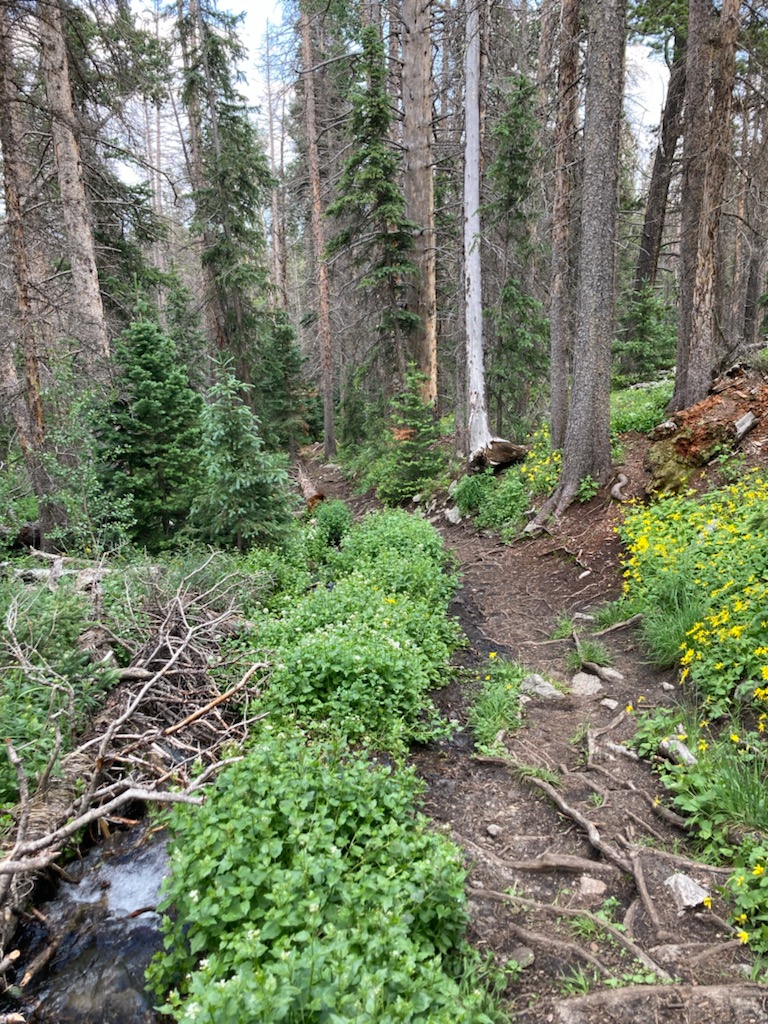Opinions vary widely about covid-19, but everyone can agree that the pandemic has been downright hard to bear. The virus brought along with it risks, disruptions, and debates that have left many struggling to cope with the mental stress of pandemic life and effects of decreased social interaction. If you are experiencing increased fear, anxiety, loneliness, or other negative emotions after the arrival of covid, here are a few suggestions to help:
Turn off the news
Do you find yourself compulsively checking the news? Studies are finding that there is a direct relationship between news media consumption and anxiety (Bodas, Siman-Tov, Peleg, and Solomon, 2015) (McNaughton-Cassill, 2007) (Pfefferbaum, Nitiema, and Newman, 2021). It’s a part of our nature to feel unsafe ignoring threats, so news consumption can create a self-perpetuating cycle: bad news causes fear, which produces anxiety, which draws us back to the news for more information.
Knowing about threats in our local community makes sense, but for the first time in history, we can easily be exposed to any tragedy happening anywhere in the world. Media companies are well-aware of the fact that this kind of negativity sells (Hastings, Stead, and Webb, 2003). They know based on algorithms that we will be more likely click on a negative news story than a positive one, so they glean stories from hundreds of miles away that fill our news feeds and saturate our minds with fear and negativity. No wonder we feel so anxious!
If you find yourself giving a lot of mental/emotional energy to negative news from around the country or the world, it maybe to time to look at the things that are happening closer to home. How are your own neighbors, family, and friends doing? You may have the power to take action and ease some of the difficulties in your own community.
If viewing or reading the news is making you anxious or afraid, it may be a sign you need to slow down your media consumption. Plan a media fast for a set amount of time and you may be surprised how much better you feel. Last year I spent an entire month intentionally ignoring the news and it made a big difference in my mood and perceptions.
Spend time with others IN-PERSON
The arrival of covid brought about a dramatic increase in our already high levels of online interaction. There are huge benefits to being able to communicate with each other virtually, but those interactions lack vital ingredients, such as social cues and touch, that can only be found with in-person connections. Maintaining deep, healthy relationships requires being immersed in the full sensory experience, where we can employ our five senses to enhance the impact the experience has on our minds and feelings of connection. It’s like the difference between watching a documentary about the ocean, versus running down the beach and diving into the waves for yourself.
The latest advances in neuroscience using brain imaging now confirm that we miss many subtle and important ingredients in relationships when we neglect being immersed in the experience of real face-to-face connections (Ambrus et al., 2021). Covid quarantines, grocery pick up, social media, school/work from home… so many things have decreased the amount of authentic, immersive experiences we have with other human beings. And as those experiences decrease, our collective loneliness increases.
Virtual relationships are not bad, but it really is all about balance. Just as junk food should be consumed in proportion to a healthy amount of fruits and vegetables, virtual relationships alone will leave us feeling worse and worse unless we balance them with seeing family, friends, coworkers, neighbors, and even strangers face-to-face.
Get out into nature
It may sound stereotypical, but seriously, get out into nature. The benefits of being in nature have been long studied and have shown to increase memory, attention, concentration, impulse inhibition, and mood (Bratman, Hamilton, and Daily, 2012). Being outside in general can boost mental health, but there is evidence that getting into nature specifically is more beneficial than being outside in urban areas (Carr, 2020). My wife and kids are attempting the 1000 Hours Outside challenge this year. Maybe you’d like to join them!
Of course, given Iowa’s propensity for arctic temperatures this time of year, getting outside can be a tall order. However, even looking at images of nature can boost cognition and mood, so if you choose to stay cozy, at least slap on that nature documentary about oceans! (And if you are in the Cedar Rapids area, we highly recommend the Noelridge Greenhouse for a bit of mid-winter sunshine.)
Call me
If you feel you’ve done what you can do to fight fear, anxiety, or loneliness on your own, please give me a call at 319-527-8018 or email me at office@atlaspsychiatrycr.com. I look forward to helping!
References
Bodas, M., Siman-Tov, M., Peleg, K., & Solomon, Z. (2015). Anxiety-inducing media: The effect of constant news broadcasting on the well-being of Israeli television viewers. Psychiatry, 78(3), 265-276.
Bratman, G. N., Hamilton, J. P., & Daily, G. C. (2012). The impacts of nature experience on human cognitive function and mental health. Annals of the New York Academy of Sciences, 1249(1), 118-136.
Carr, N. (2020). The shallows: What the Internet is doing to our brains. WW Norton & Company.
Hastings, G., Stead, M., & Webb, J. (2004). Fear appeals in social marketing: Strategic and ethical reasons for concern. Psychology & marketing, 21(11), 961-986.
McNaughton-Cassill, M. E. (2001). The news media and psychological distress. Anxiety, Stress and Coping, 14(2), 193-211.
Pfefferbaum, B., Nitiéma, P., & Newman, E. (2021). The association of mass trauma media contact with depression and anxiety: A meta-analytic review. Journal of affective disorders reports, 3, 100063.

